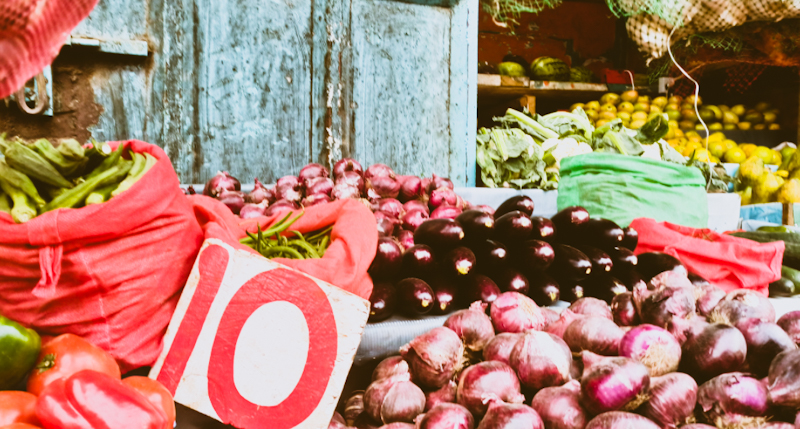The Central Bank of Kenya (CBK) predicts lower prices for most basic food items in April 2024.
Favourable weather conditions, a stronger Kenyan shilling, and recent fuel price reductions contribute to this positive outlook.
The good news extends to staples like maize, beans, vegetables, milk, and bread, which are all forecast to see lower prices in the month.
A drop in dollar demand, fueled by stronger investor interest, has led to an 18% appreciation of the shilling year-to-date.
Consumers can also expect stability in the cost of maize flour, sugar, and cooking oil. Stability in milk prices is attributed to increased milk production fueled by abundant pasture.
However, there’s one notable exception to this downward trend: onions. Despite increased supply from March’s peak harvest, high demand across East Africa, particularly in Tanzania, Uganda, and South Sudan, has elevated onion prices.
“However, the impact of the harvest on prices was expected to be dampened by the high demand for onions both locally and within the East Africa Community (EAC) region, particularly Tanzania, Uganda, and South Sudan,” said the CBK in its latest agricultural sector survey, which was conducted to gather insights for monetary policy decisions.
The March 2024 survey focused on price trends, agricultural output, and farmer expectations.
Notably, the survey also revealed an improvement in access to government-subsidized fertilizer, with 67% of respondents reporting access in March compared to 53% in January.
The Monetary Policy Committee (MPC) retained the Central Bank Rate (CBR) at 13.0% in the April meeting to stabilise prices.
However, challenges still need to be addressed, including limited information on program availability, logistical hurdles, and insufficient supply to meet demand.
Based on the survey findings, the CBK recommends several actions for the government to support the agricultural sector.
These include addressing high fuel prices, which significantly impact farming costs, continuing to subsidize agricultural inputs, and providing enhanced extension services to farmers.
Additionally, the report emphasizes the importance of increasing access to affordable credit and investing in rainwater harvesting and water storage solutions.
How Insurance Can Bolster the Resilience of our Agricultural Value Chain




